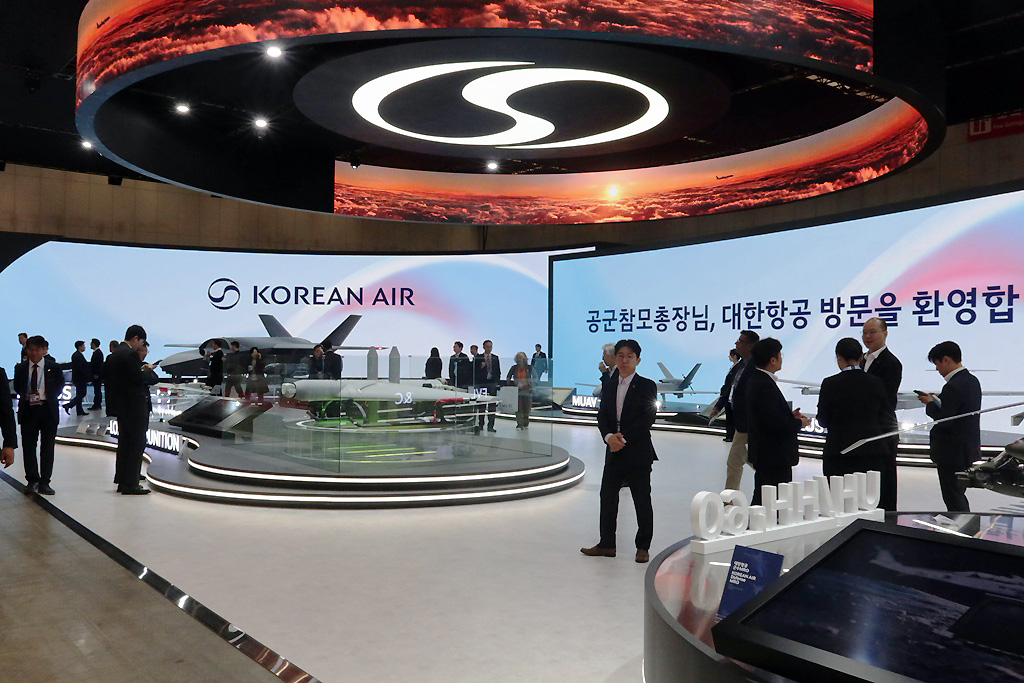Insights on Military Adaptation and Technological Challenges in the Indo-Pacific
Progress in Military Modernization
Nine months into the second Trump administration, Chris Miller, acting defense secretary from late 2020 to early 2021, expressed concerns over the pace of military adaptation. During a panel discussion at the AFCEA TechNet Indo-Pacific conference, he remarked, “I anticipated more substantial advancements toward a more agile military structure.”
Key Observations:
- Perceived Disconnect: Miller highlighted a troubling trend within the Pentagon’s leadership, where seasoned individuals familiar with the complexities of military bureaucracy are often viewed with skepticism. He argued that this dismissal allows inexperienced but “brilliant business minds” to dominate, leading to missed opportunities and a lack of strategic direction.
National Security Strategy Shifts
Miller addressed the evolving focus of national security strategies, which are shifting from the Indo-Pacific region toward challenges like securing the southern border. He cautioned against a narrow perspective that prioritizes one adversary over another, asserting, “With a national security expenditure of one trillion dollars annually, we can address multiple challenges simultaneously.”
Digital Surveillance and Operational Integrity
Amidst growing concerns over digital surveillance, former deputy commander of Special Operations Command Pacific, Sean Berg, discussed the implications of China’s advancements in technology. He posited that China is aggressively progressing in its campaign to dominate through persistent digital surveillance tactics.
- Quantum Decryption Threats: Berg underscored the potential threat posed by quantum computing, suggesting that once quantum decryption becomes operational, China may be able to glean insights from vast amounts of intercepted communications, giving them an unprecedented edge in military strategy.
Challenges of Open Data
The issue of open data and omnipresent surveillance is particularly acute in the Pacific. Rob Christian, the former command chief warrant officer for the 311th Signal Command, noted that the technological prowess of the Chinese military poses an unparalleled challenge.
- Diminished Cover Options: Previously, field operatives could mitigate risk by employing burner phones or local SIM cards. However, advances in artificial intelligence and data analytics render these tactics significantly less effective.
Digital Signature Warfare
Mike Stokes, panel moderator and vice president at Ridgeline, defined the emerging phenomenon as “digital signature warfare.” This concept emphasizes the importance of recognizing adversaries’ data collection capabilities as a distinct domain of military strategy.
Metrics of Success in Counter-Surveillance
Berg articulated a paradox in counter-surveillance efforts, where success might manifest as “nothing happening.” He stressed that demonstrating effective identity management and both offensive and defensive capabilities against surveillance could yield metrics that are difficult to quantify, undermining budget requests for essential funding and resources.
Partnerships and Information Security
A significant aspect of special operations involves collaboration with partner nations. However, Christian noted vulnerabilities during joint exercises when sensitive information could easily be captured and disseminated via secure messaging apps, further complicating operational security.
Recommendations for Commanders
To navigate these complexities, Christian advised commanders to embrace a philosophy of “training and learning through exposure,” allowing for trial and error as a means of adaptation.
Miller emphasized the need for commanders to leverage available resources effectively, urging them to collaborate with companies that offer innovative solutions. He stated, “The operational landscape remains entrenched in Cold War mentality, which hampers our ability to adapt to contemporary threats.”
Strategic Imperative for Future Operations
The military must evolve beyond historical paradigms to address the complexities of modern warfare. With technological advancements and geopolitical shifts, a renewed focus on adaptability, multi-faceted strategy, and robust information security protocols is essential for maintaining national security in the Indo-Pacific theater.
The discussion underscores the pressing need for leadership and innovative thinking within the U.S. armed forces as they prepare for a rapidly changing security environment.





